Roger Highfield, Science Director, reports on the findings of a study of handedness in museum visitors, published today by an international team.
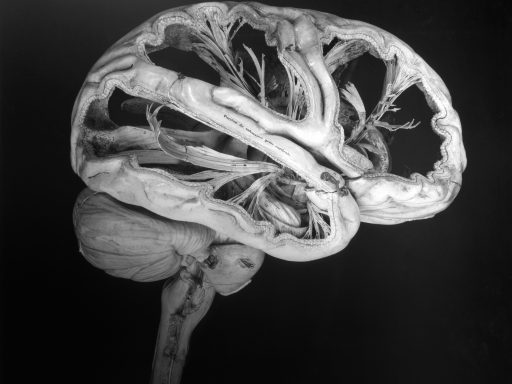
Dr. Dimitrios Adamos and Dr. Stefanos Zafeiriou from the Department of Computing, Imperial College London explore how brain waves can tell you about the music you listen to as part of a Live Science residency at the Science Museum that ran from February – March 2020.
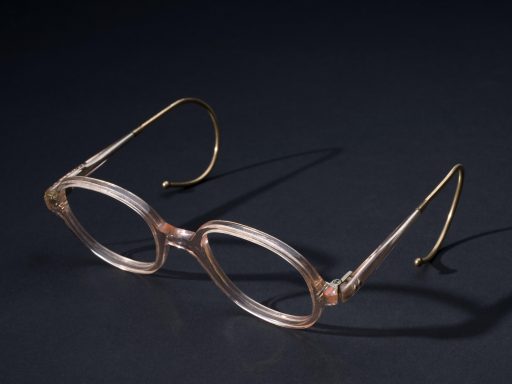
Assistant Curator of Medicine, Imogen Clarke, takes us on a whistle-stop tour of the NHS’ 70 year history with 7 objects from our collection.

Understanding how different networks in the human brain support human cognition is an inhumanly complicated problem to solve, but it has now been successfully dissected by an artificial intelligence in real time, a new study reveals.
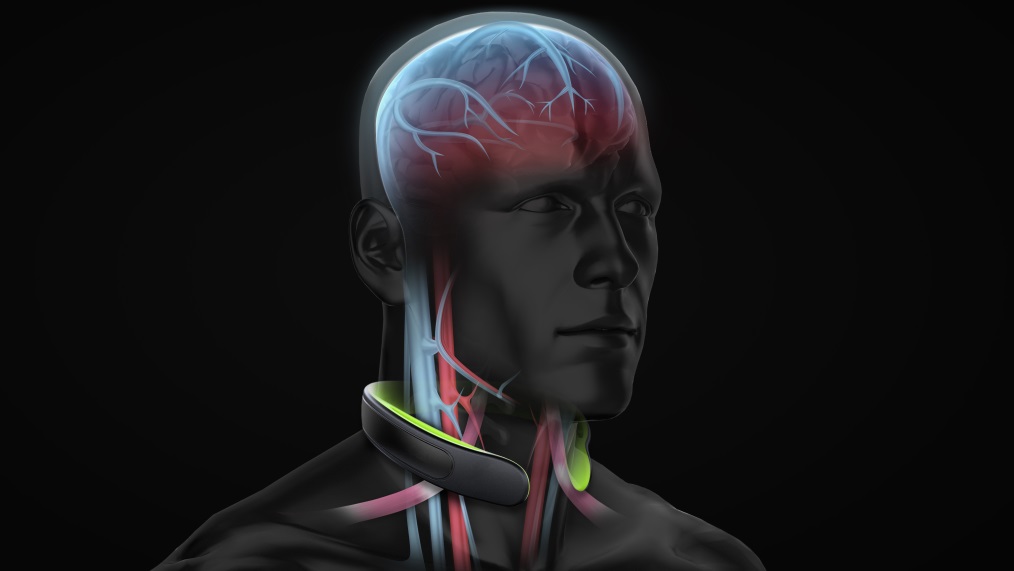
A new device that might help prevent brain injuries has gone on display at the Museum.
Today, to celebrate the anniversary of the first full-body MRI scan, we took a tour of our Mind Maps exhibition with curator Phil Loring. Phil shared his favourite objects and stories from the exhibition with our followers on Twitter.
This post is written by Alex, a 16-year old student who spent a week on work placement with the Learning team. The brain is one of the most complex biological organs in the world, and even today our understanding of it is very primitive, but recent advances in the field of neuroscience could help us unpick some of its mysteries… In Who am I? there is a little mouse with a big secret: its brain glows in a rainbow of colours. The […]
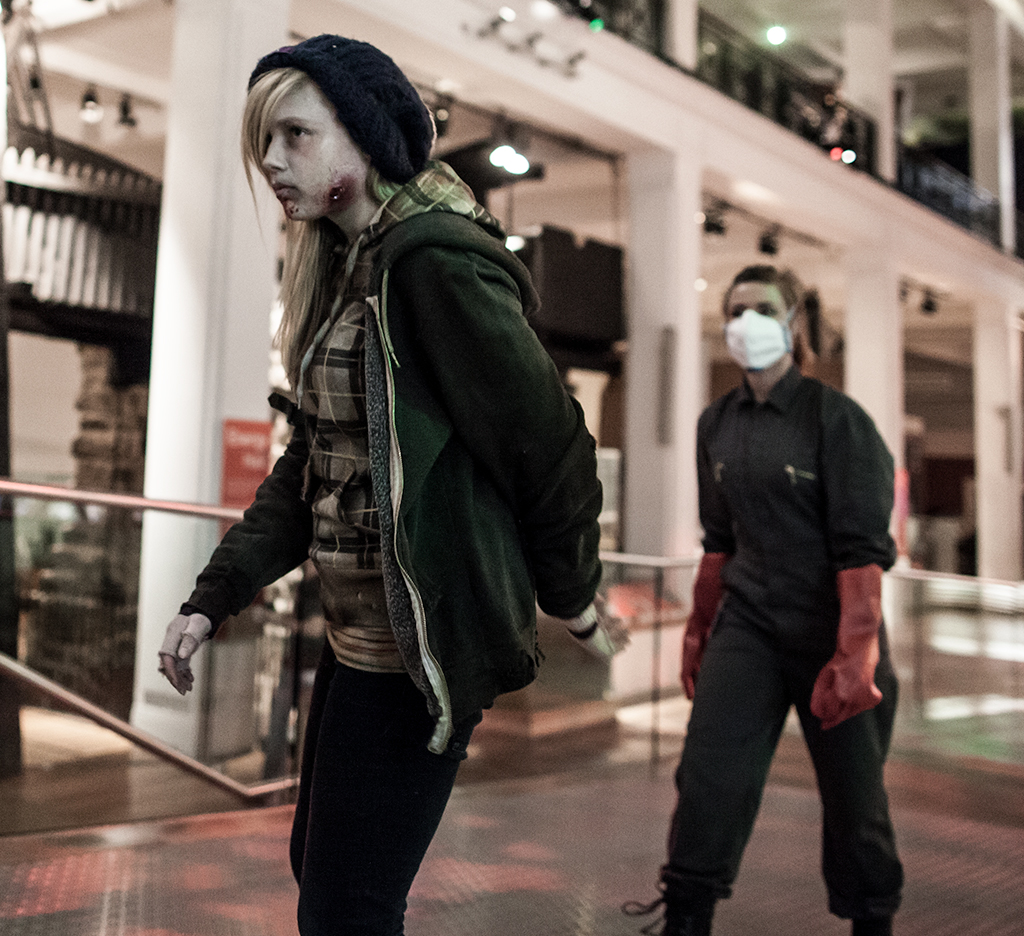
Scientists from across the UK (and zombie rights protesters) will gather in the Science Museum this weekend for ZombieLab. Worried members of the public are invited to study zombies and the science of consciousness as society searches for answers (and evades the zombie horde).
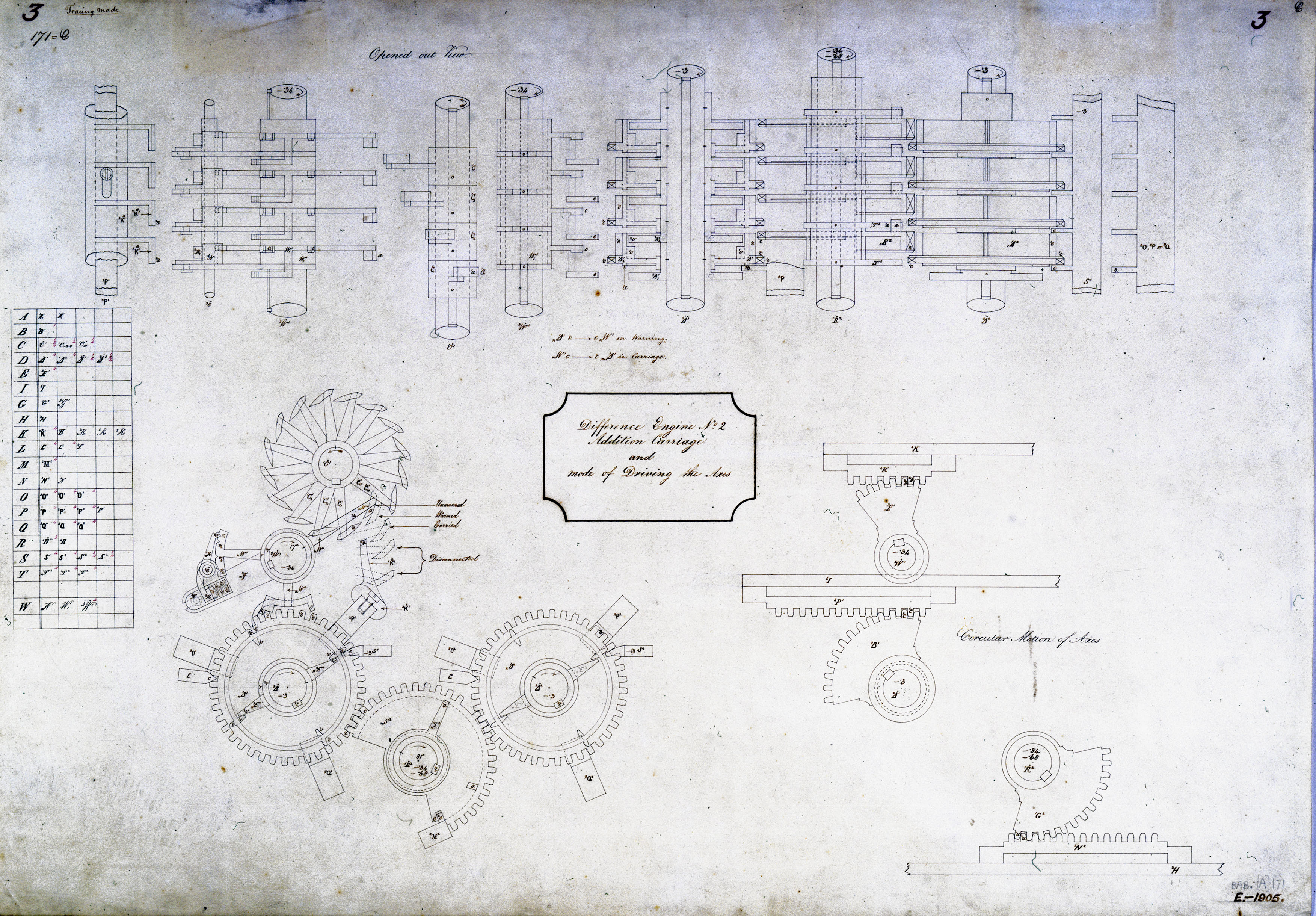
We’re welcoming in the New Year with a look at just a few of the exciting things happening at the Museum in 2013.
So whether it’s Zombies, art or the Large Hadron Collider that interests you, there’s something for everyone in the Museum this year.
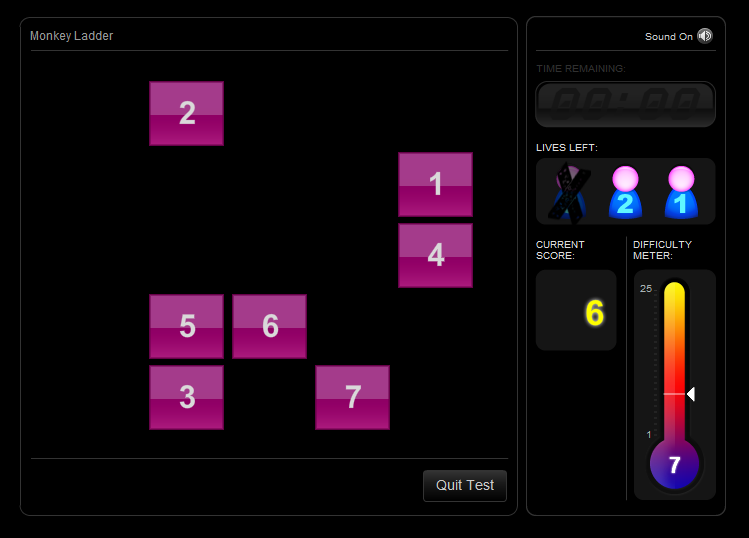
Over 100,000 volunteers and a $5m brain scanner were needed to do it, but finally the idea that intelligence is a single, measurable human trait has been laid to rest. Adam Hampshire describes the results of a global project and how you can get involved.